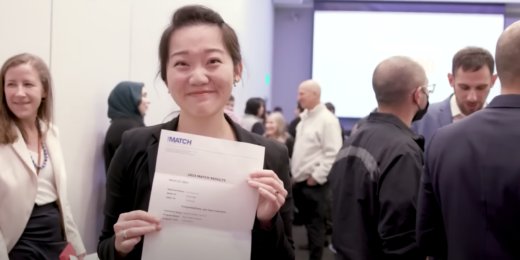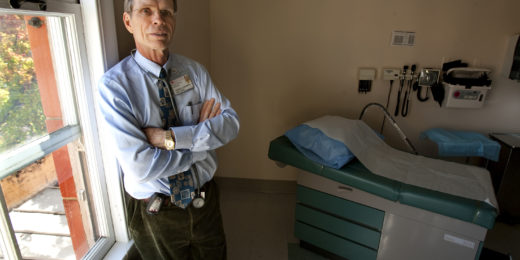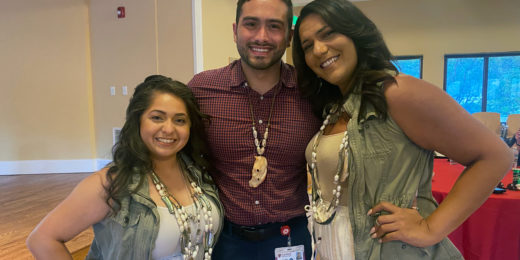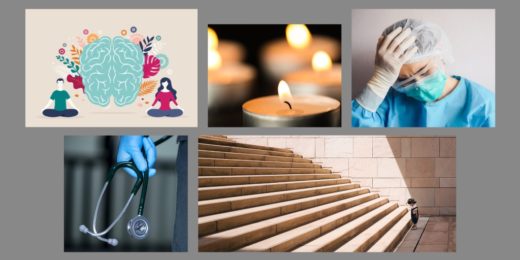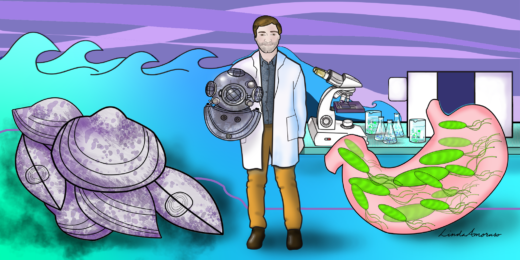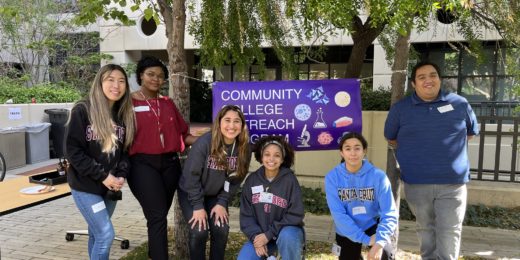Stanford medical students learned where they matched, a decision that determines when they will train for the next four years.
Author: Emily Moskal
Physicians get trained on gun safety
Researchers at Stanford Medicine and their colleagues created an educational guide for physicians about gun safety.
Is an increase in penile length cause for concern?
Researchers have found that over the past 30 years the length of the average erect penis has increased, and it's prompted questions.
Conference for pre-med students addresses health disparities
SUMMA, a conference designed to train the next generation of physicians and increase diversity in the medical field is accepting registrants.
People with disabilities take to the sky
A Stanford occupational therapist and a computer science student harness their experiences to help bring people with disabilities to space.
Stomach cancer hits Asian populations harder
Over the last six decades in the U.S., gastric, or stomach, cancer rates have plummeted. But around the world, gastric cancer remains a leading cause …
A big jump in prosthetic vision
By devising special pixels, Stanford University researchers have enhanced prosthetic vision with a new implant that improves vision.
Exploring the ordinary and extraordinary in end-of-life care, death
Stanford physician Samuel LeBaron discusses his book, which covers death and how to prepare for and receive end-of-life care.
Indigenous advocacy leader garners support at Stanford Medicine
Chris Lopez, a second-year medical student, is a Costanoan Rumsen Carmel Tribe member and strong advocate for Indigenous communities.
To offer more transgender care, doctors need more education
Benjamin Laniakea, MD, discusses transgender medicine, the struggles of transgender patients and how physicians can offer better care.
Stanford Medicine supports Ukrainian visiting scholars
To learn the latest in radiation oncology, Ukrainian scholars visit Stanford Medicine for three months — away from the rubble of the war.
Addressing mental health struggles among health care workers
Tait Shanafelt discusses physician suicide as a national crisis, and how to support health care workers' mental health.
Scientists use ‘sleep age’ to infer longterm health
Stanford Medicine professor Emmanuel Mignot answers questions about sleep age, emphasizing the importance of developing good sleep hygiene.
Unconventional Paths: From the deep sea to the stomach
Benedikt Geier traverses academic fields in pursuit of a chemical analysis that images the intimate relationships between microbe and host.
Community college students get support from new program
The Community College Outreach Program offers mentorship and paid internships to community college students pursuing science careers.


